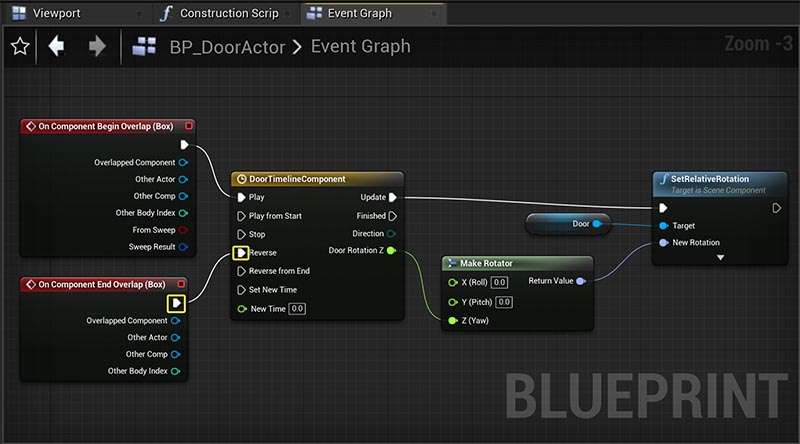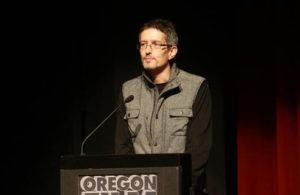Coding Boot Camps vs. CS Degrees
Since the dawn of the computer age, if you wanted to get a job programming, the best way has been to get a computer science (CS) degree. Because of this, universities and colleges that offer CS degrees have been the “gatekeepers” to the programming industry. Which wasn’t necessarily a bad thing — CS degrees certainly do teach you a lot about computer science and programming, and even give you some hands-on experience.
But a new option has more recently appeared, and for many people it’s a way to learn programming faster, and usually cheaper: online coding boot camps.
Read more »






